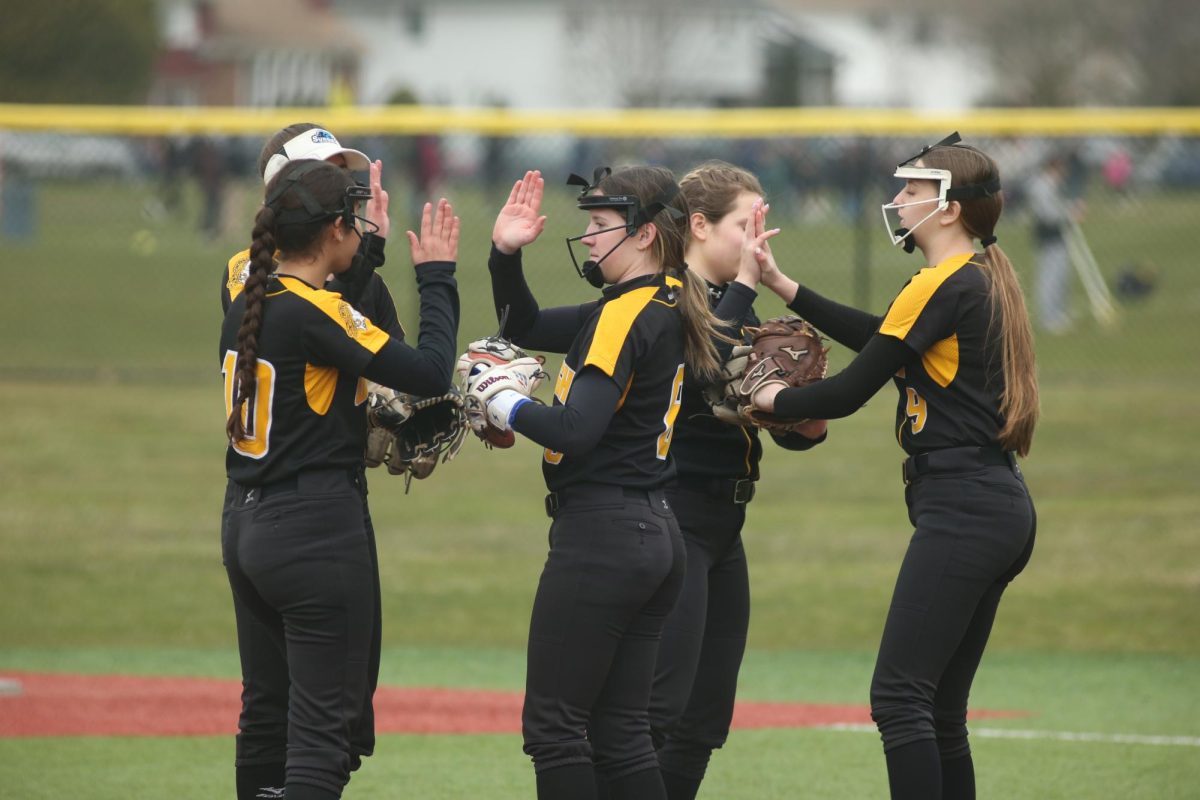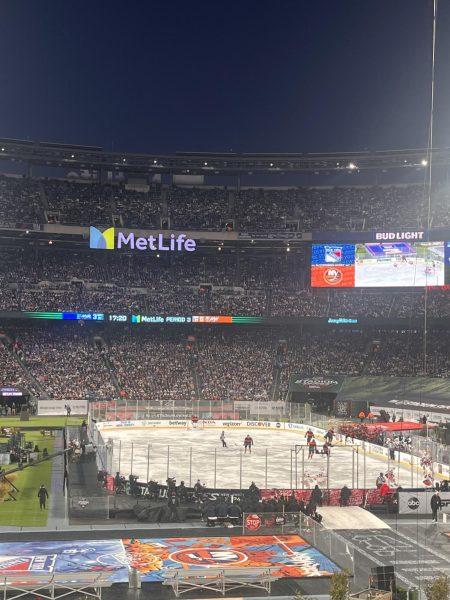The New Way to Trade: Inside the Gamestop Revolution
February 21, 2021
“Gamestop to the moon!” You likely became familiar with the phrase in January of this year if you’re the kind of person who has stock-trading friends or who spends their time on finance-oriented Reddit pages. If not, it probably sounded like the name of a really bad upcoming sci-fi movie. Either way, it became one of multiple rallying cries representing the over-shorted stock-buying frenzy of this year, in which amateur investors bought up scores of shares in failing companies. It was a phenomenon that began perhaps a new age in financial involvement, with low-level traders on the Internet learning the power they could wield if they banded together to take on the leaders of the industry.
In the world of large scale stock-trading, multi-billion dollar hedge funds engage in a practice known as “shorting.” Basically, they “bet” that certain companies will decrease in value over a period of time, and if their bet is correct, while the companies lose money, the hedge funds make massive profits. While entirely legal, it is a practice that understandably angers many—the optics of companies profiting off of the failure of other companies are predictably very bad.
So, in January 2021, a group of low-level traders on a Reddit page known as “WallStreetBets” came up with an unprecedented plan. That month, hedge funds had shorted stocks in multiple companies that, due in part to the pandemic, were predicted to plummet in value. They included Bed Bath and Beyond, Nokia, AMC Theatres, and, most notably, Gamestop. The Redditors decided that instead of making logical trades, they would make a seemingly-illogical move: buy up stocks in shorted companies that seemed almost worthless. And as thousands of investors bought up cheap stocks, the values of those stocks skyrocketed. According to analysis by The Wall Street Journal, Gamestop’s value increased by 500% in two weeks. And while the small investors struck it big, the hedge funds lost billions of dollars.
Most people by now know the story, but what is less known are the implications of such a discovery. Small investors had not simply made cash and angered money managers—had found a silver bullet which, in the right hands, could have the potential to do real good. One of the investors who profited off of the event chose to use some of his gains, in homage to the company that brought them, to donate gaming consoles and games to a Minnesota children’s hospital. Others have made similar donations. While far from a perfect system, coordinated trading may eventually prove to be a tool for making a difference in a world of seemingly-static problems.
The path ahead for the Redditors will be far from easy. After the Gamestop frenzy, Robinhood, a mobile trading platform meant to serve small investors, halted Gamestop trading on questionable citations of ethics violations. Figures as well-known as Elon Musk and Dave Portnoy, of Barstool Sports, decried what they labeled market manipulation on the part of Robinhood, who they accused of favoring the hedge funds’ interests. The resulting stoppage of trade traffic was a large blow to Gamestop stock, erasing some of the Reddit-fueled gains. In addition, financial insiders, including hedge fund managers themselves, have been vocal on the dangers of such coordinated trading, which they say undermines the free market itself.
Valid points are made by all parties in the discussion. But to many, one thing that is abundantly clear: the Gamestop phenomenon is a mere prelude, not a one-time event. With the possibilities for good (and arbitrary wealth) exposed to the public, it will be almost impossible for anyone to stop a similar scenario from occurring in the near future. Today, Gamestop is trading ten times lower than its all-time high of almost $500 per share. The effects are still visible regardless—many investors made thousands, a few even made millions off of the frenzy, and some hedge funds will feel permanent consequences. Even so, it is yet to be seen what could happen the next time amateur investors decide to send a company’s value “to the moon.”


















